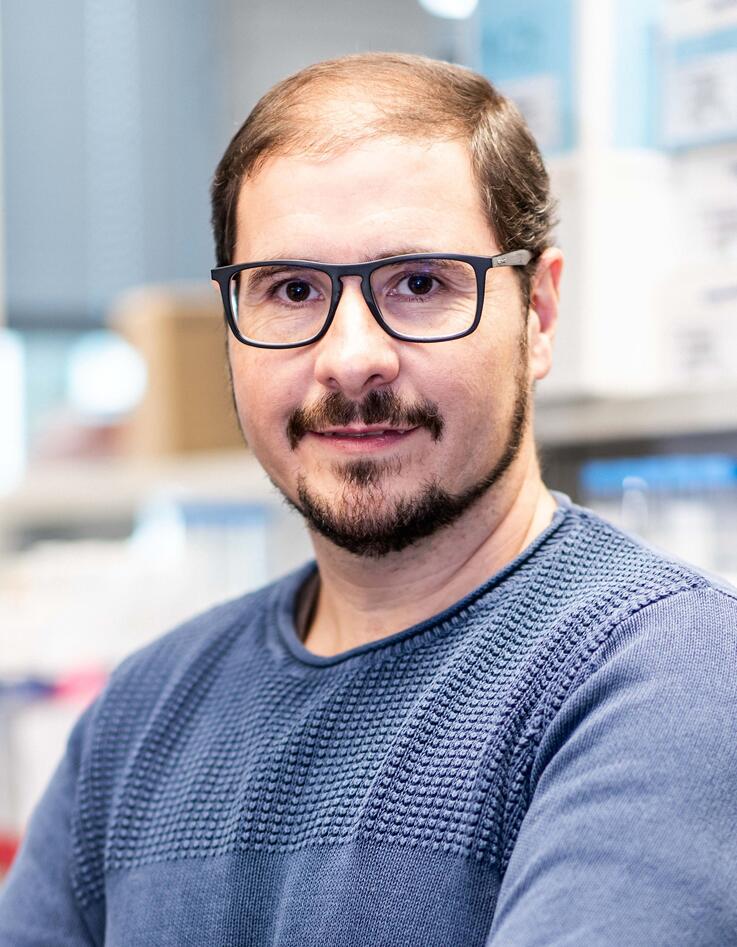Dr. Sebastián Rodrigo Najle, Centre for Genomic Regulation, Spain
Dr. Sebastián Rodrigo Najle, Postdoctoral researcher in the Single-cell Genomics and Evolution Lab at the Centre for Genomic Regulation will present: "Placozoan single-cell genomics and the emergence of the neuronal gene expression program"
Hovedinnhold

A fundamental question in biology is how the diverse cell types observed in a multicellular organism are encoded by a single genome sequence. However, the diversity and evolutionary dynamics of cell type identity programs remains largely unexplored beyond selected tissues in a few species. Similarly, little is known about the emergence of complex genome regulatory mechanisms that support cell type-specific programs and long-term cellular memory, for example genome spatial compartmentalization and repressive chromatin modifications.
In recent years, the development of advanced functional genomics technologies has revolutionized the study of cell type and genome regulation, even at single-cell resolution. This opens the way to the comparative analysis of genome regulation in species that represent diverse levels of biological complexity: ranging from unicellular temporal differentiation and simple multicellular behaviours (e.g. in some protists), through loosely integrated and limitedly diversified ensembles of cell types (e.g. in early-branching animals), to organisms with elaborate tissue and bodyplan organization (e.g in bilaterian animals).
What are the genome regulatory mechanisms linked to the origin of cell type differentiation? When did major animal cell types such as neurons emerge and did they evolve more than once? And how do animal cell type gene regulatory networks evolve?
To answer these and related questions, we combine high-throughput chromatin profiling and single-cell genomics technologies with advanced computational methods in order to dissect and compare cell type programs and genome regulatory architectures in phylogenetically diverse systems.
Visit the Sebé-Pedrós lab website.
